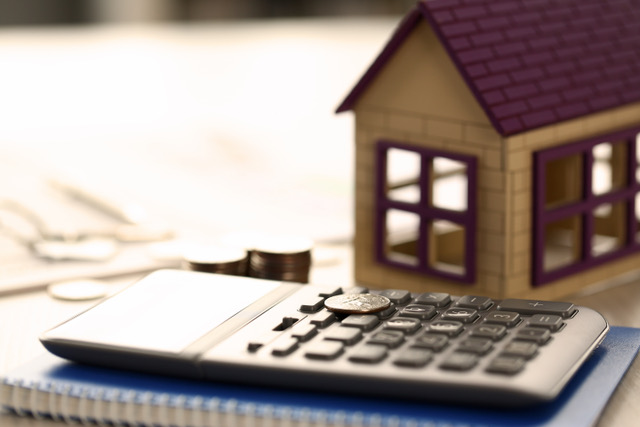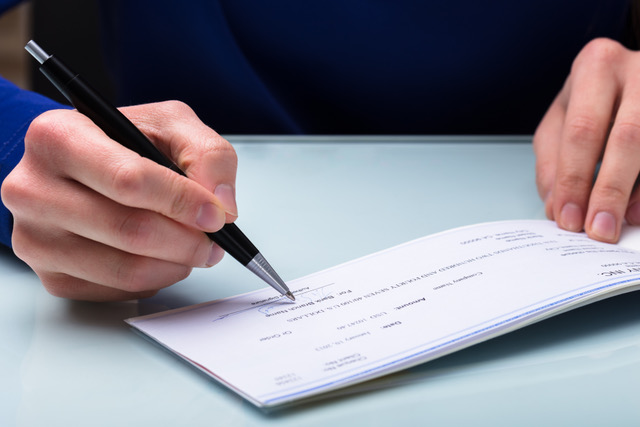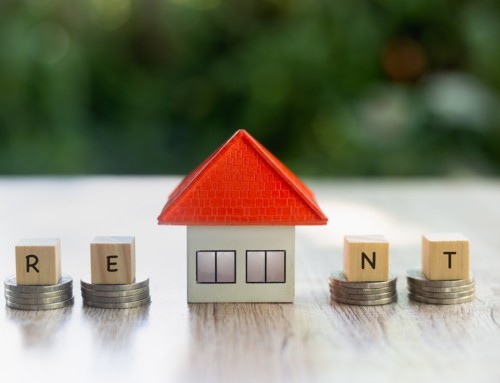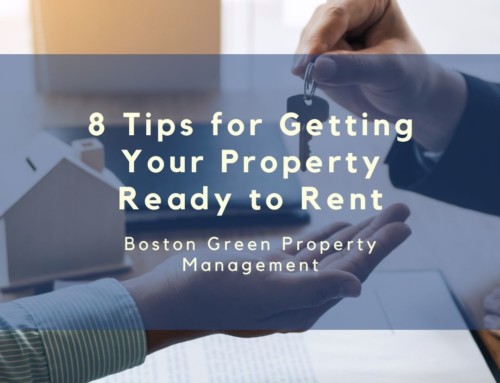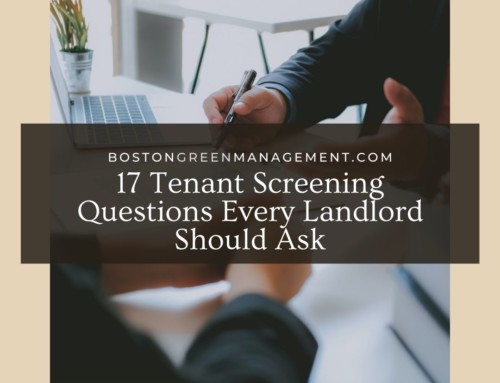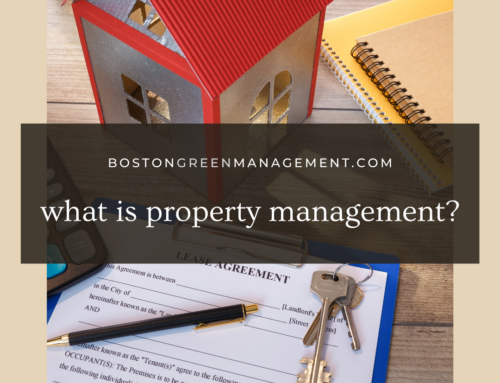If you own a property and manage it yourself, collecting rent may be one of your biggest challenges. There are plenty of things you have to consider, including how many tenants you have, how far you’re personally located from your property, and how much you want to interact with your tenants – and there are several methods you can use to collect. Check out these three tips from the pros that can help make collecting rent a lot easier if you’ve chosen not to work with a property manager who can do it for you.
3 Rent Collection Tips for Landlords
Collecting rent every month can become a chore pretty quickly, which is part of the reason many people choose to hire a property manager to handle it (as well as other tasks). However, with these three tips from the pros, you can streamline your rent collection efforts and make everything easier:
- Consider the number of tenants you have, your distance from your property, and how comfortable you are with technology, as well as dealing with tenants, before you choose a method for rent collection
- Think about using an online and in-person option
- Make sure your lease is very specific about what happens when rent is late, and act quickly to uphold the rules
Here’s a closer look at each.
Rent Collection Tip #1: Think Before You Choose a Method for Rent Collection
Several factors determine the best way for you to collect rents, including:
- How comfortable you are with technology
- Whether you want to deal with your tenants
- How far you are from the property (or properties) you own
- How many tenants you have to collect rent from
If you’re not comfortable accepting electronic payments, or if you’re not comfortable with paper checks or money orders (the latter will require you to go to the bank to deposit them), you should choose a payment method based on that. It’s absolutely okay to tell prospective tenants that you only accept electronic (or paper) payments!
If you don’t want to deal with tenants face-to-face, or if your properties are too far for your tenants to come hand-deliver rent to you (or if you’re too far to pick it up), you’ll want to provide tenants with electronic or mail-in options.
And if you have several tenants to collect rent from, it’s probably easier to have a specific online system so you’re not chasing down a dozen checks (or more) every month.
Pro Tip: You must provide reasonable accommodations when you rent to a tenant. For example, if your tenant is disabled and cannot use a non-ADA-friendly website to pay rent, you must make an accommodation for that tenant.
Rent Collection Tip #2: Think About Using an Online and In-Person Option
You may wish to give your tenants an in-person (or by-mail) and online option for paying rent. That type of flexibility can help ensure that you get your rents on time each month, and it takes a lot of the legwork out of collection for you. Tenants can send you a check or money order (though you’ll have to make arrangements to deposit money orders, which you can’t do through your banking app) or they can pay electronically through direct debit or deposit.
Rent Collection Tip #3: Make Sure Your Lease is Very Specific
Your lease should be very specific about when rent is due, when you’ll consider it late (most landlords include a “grace period” of at least a few days that provides a little leeway for accidents and emergencies), and what you’ll do if the rent is late. Generally, property managers handle every aspect of rent collection for their clients, including imposing late fees and handling court proceedings if a tenant fails to pay.


